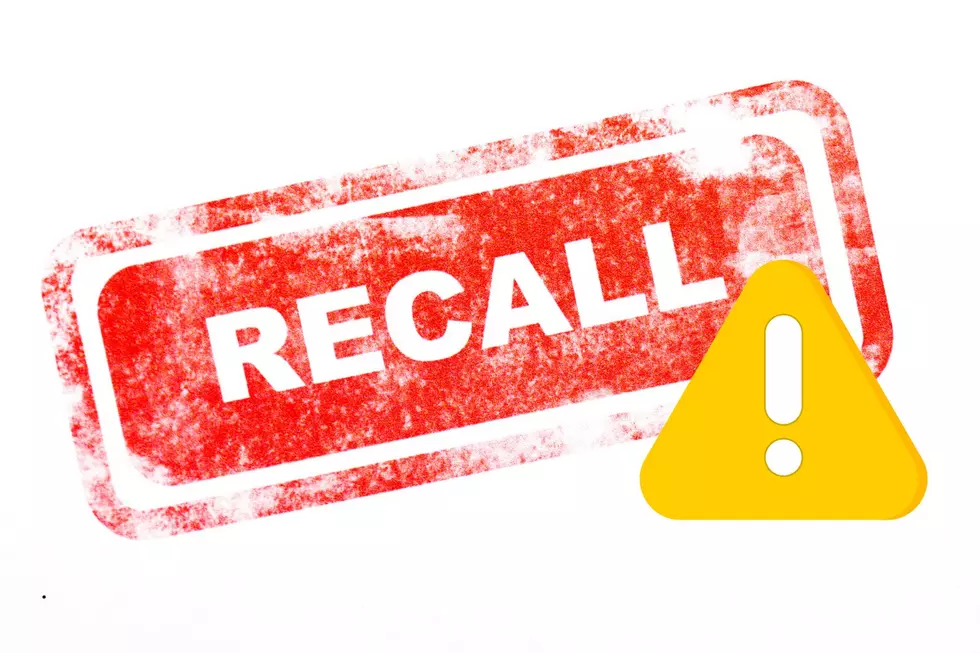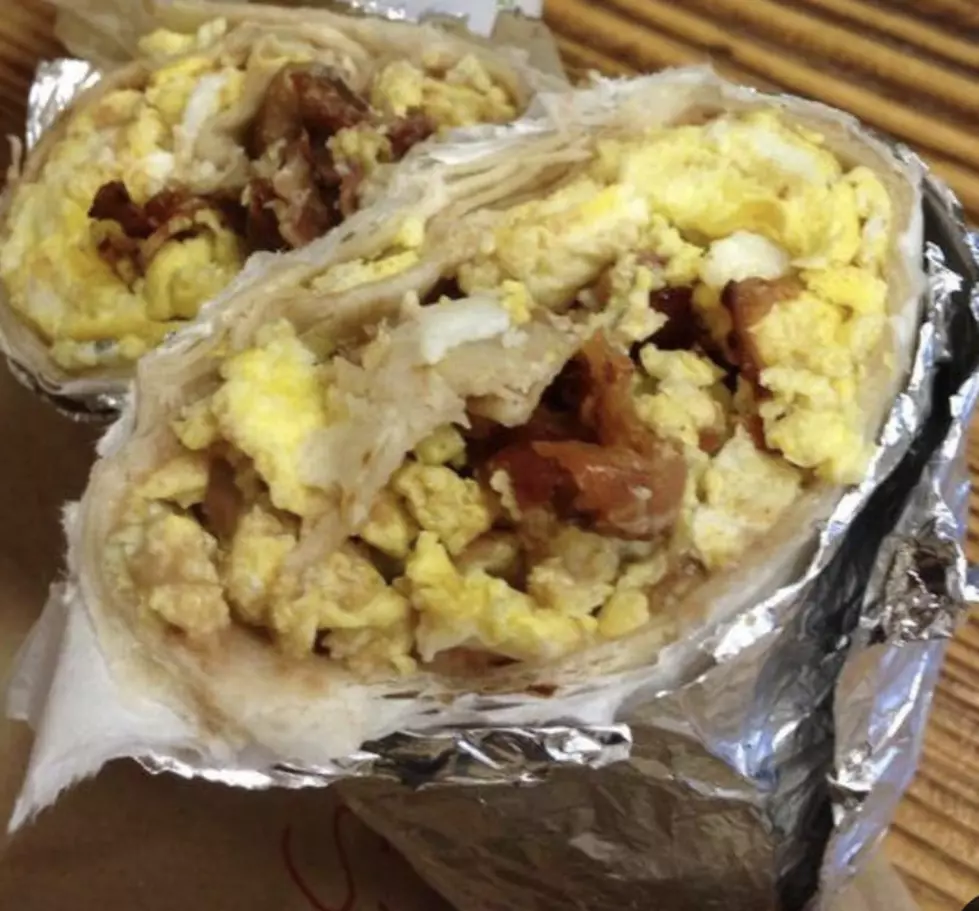
Seven Plaintiffs Dismissed From Suit Against Confluence Health
A lawsuit against Confluence Health over its COVID-19 vaccination policy now has seven fewer plaintiffs.
The suit was brought by 91 former Confluence Health employees who filed a class action against their employer over wrongful termination for not taking the COVID-19 vaccine.
The group says their religious rights were violated when Confluence required them to be vaccinated in 2021.
But Douglas County Superior Court Judge Brian Huber dismissed seven of the plaintiffs from the case last week, saying they never asked for a religious exemption from the vaccine requirement.
Huber sided with a motion to dismiss filed by Confluence Health.
The plaintiffs who are no longer part of the lawsuit are Annette Aguigui, Sue Sinclair, May Tussey, Chris Tussey, Bryce Tussey, Genevieve Wilson and Jeremiah Voss.
Judge Huber denied another motion from Confluence Health, which asked for the entire lawsuit to be dismissed.
Confluence Health argued the Superior Court lost jurisdiction over the case when the original lawsuit went to an appeals court.
Judge Huber dismissed the original case in April of 2023, saying Plaintiffs failed to identify which employees had requested a religious exemption, and failed to identify which religious beliefs they were claiming.
Plaintiff Attorney Steve Lacy, a former East Wenatchee mayor, filed then a second class action lawsuit against Confluence Health.
The day before filing a new case, the Washington State Court of Appeals accepted the plaintiff's request for appeal.
The appeals court will hear oral arguments in the original case on Jan. 24 while the second lawsuit is ongoing in Douglas County.
Plaintiffs are using the same argument from their previous class action suit, claiming that Confluence failed to uphold employees’ religious/medical exemptions.
They are also asking for all past and future damages, reimbursement of legal fees, and to go back to their previous positions with Confluence Health.
Answers to 25 common COVID-19 vaccine questions
Gallery Credit: Stephanie Parker
More From KW3






